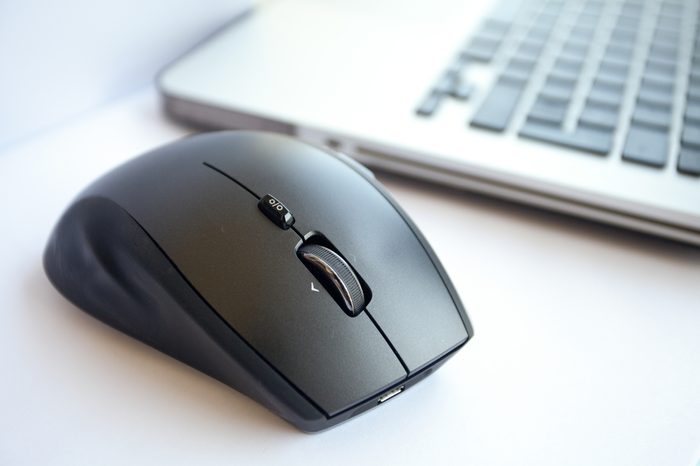
Downloading “free” stuff without making sure it’s legit
The thing about “free software” is that typically it isn’t free, tech expert Kevin Boissonneault tells Reader’s Digest. There’s a price to pay alright, and that’s often the integrity of your computer. “When you download supposedly free software, you’re often allowing the software to install something called malware onto your computer.” Malware is software that you didn’t intend to install that can damage or disable your computer so that you have to buy more software to fix it. Be suspicious of any free software offers. Here’s the time of year when malware infections spike.
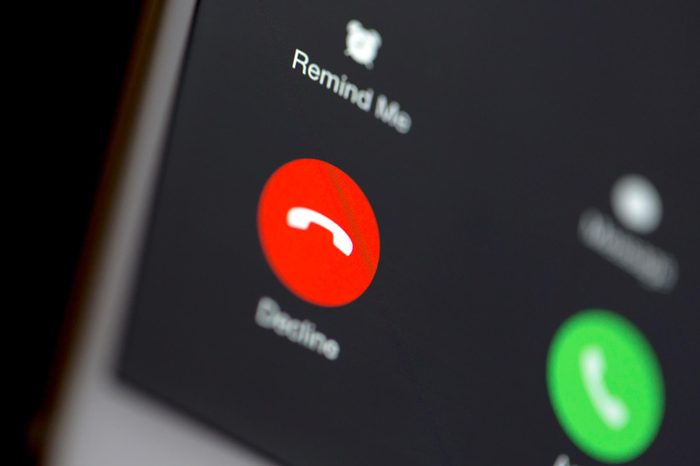
Believing that person calling you is from Microsoft or Apple
Neither Microsoft nor Apple will ever call you to inform you your computer’s not working properly, Boissoneault advises us. If you ever get one of those calls, do not give the person on the other end remote access to your computer. In fact, don’t give them anything. Just hang up. Here are some other phone scams that could be trying to steal your money.
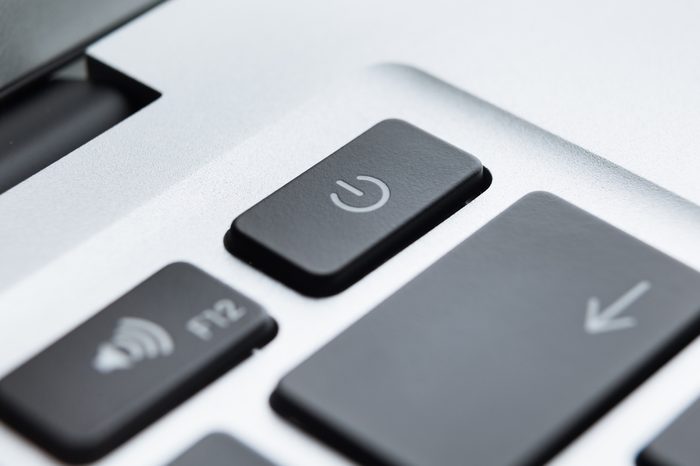
Not taking the easy route
For most computers (as well as smartphones and tablets), if you’re having problems, you’ll be able to resolve them simply by restarting the machine, according to the tech consultants at Outsourced. In fact, adds Boissonneault, not rebooting may only make the situation worse.

Being impatient after a reboot
“Wait a few moments when restarting/rebooting before jumping into tasks,” according to Outsourced. “Many times applications and services are still initializing in the background and do not necessarily mean that your computer is slow or performance-challenged.”
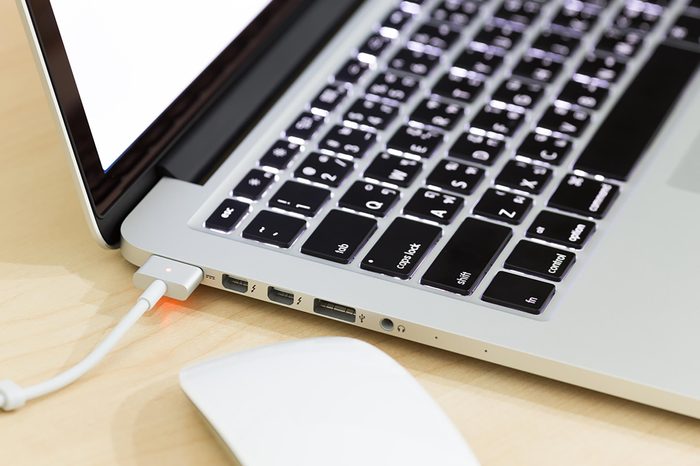
Not downloading operating system updates
When your operating system offers an update, do it. “Yes, it can be annoying,” concedes Boissonneault, “because they always seem to want you to restart your computer right while you’re right in the middle of something.” But foregoing system updates “introduces a level of potential instability, and can leave your computer open and vulnerable to attack from a hacker or from malware. And that can lead to serious damage to your data and potential for identity theft.” Don’t miss these cyber security secrets hackers don’t want you to know.
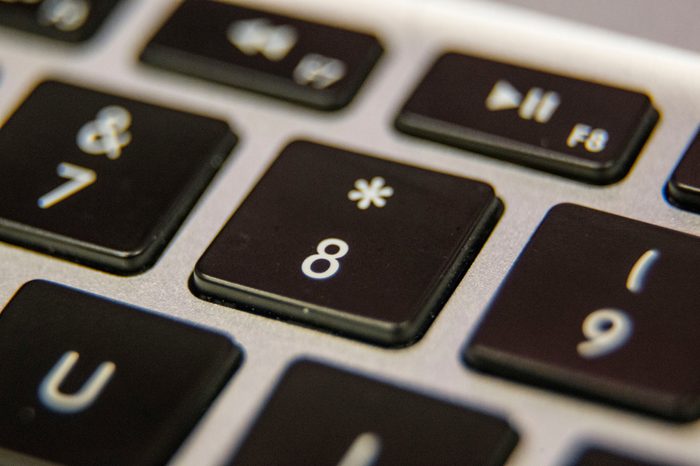
Downloading “updates” without verifying
As with free software, check to ensure that the “update” is legit. Don’t download anything unless you can confirm it is from the operating system you use. Don’t rely on emails to do updates—Apple and Windows updates will come through the operating system itself. Here are the signs that a shopping site may be fraudulent.

Opening email attachments without verifying the source
“Never download a file or an attachment from a source that you don’t know and trust,” says Emil Hozan, Junior Threat Analyst at WatchGuard Technologies, to Reader’s Digest. “You’ll avoid a lot of viruses and malware that way.”

Keeping too many tabs or windows open
Keeping tabs and windows open that you’re not actually using can really bog down computer performance, Boissonneault tells us. “I had a user that would call typically once a month regarding the need for a new computer because hers was so slow. Then it would turn out she had literally hundreds of windows open!” Closing out windows and tabs is just one way to speed up a slow computer.

Allowing too many startup processes
Having too many startup processes kicking in as soon as your computer starts will really slow things down, says, Paul Bischoff, consumer tech expert at Comparitech.com. To fix this, go to the Startup tab or Startup Items and disable anything you don’t need. Your computer will start up and run faster as a result.
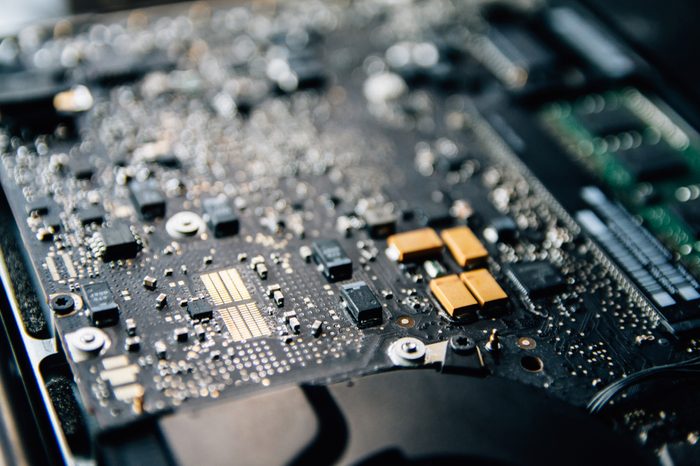
Ignoring warnings that disk space is full
“Running out of storage space will cause problems in everything you try to do,” says tech expert, Kelly Wilkerson. “Your computer or mobile device will be slow, unstable, and start crashing randomly.” If you get that warning, take heed, and start deleting files you don’t need. Just verify you really don’t need them.
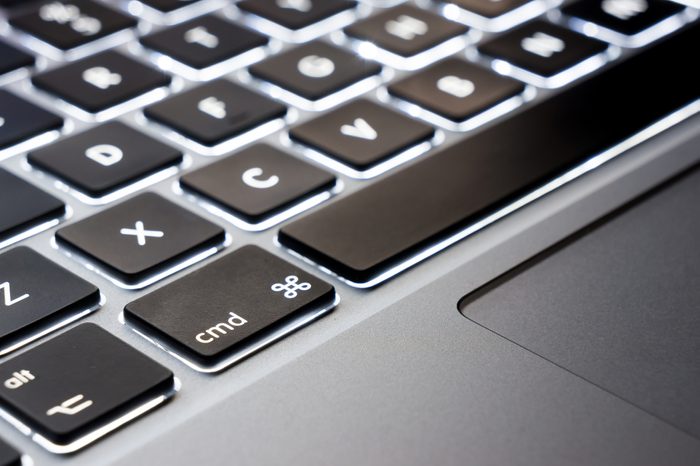
Having a messy desktop
Even before you get a warning, it’s a good idea to keep your desktop tidy. “Organize your computer like you would your desk,” recommends tech expert, Calley Nye. “Delete unnecessary files, and uninstall unused apps. Having too many things you don’t need loaded onto your computer will slow it down and introduce vulnerabilities.” Don’t miss these red flags someone is spying on your computer.
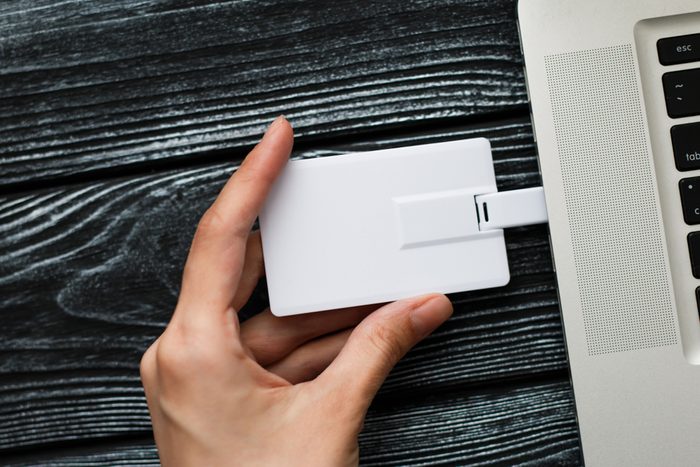
Not backing up important files
“Every hard drive will fail at some point without exception,” advises Ben Carmitchel, CEO of Datarecovery.com. “Make sure to back up your files. In fact, set up an automatic backup. Just make sure to check your backups on occasion to make sure that they work.”
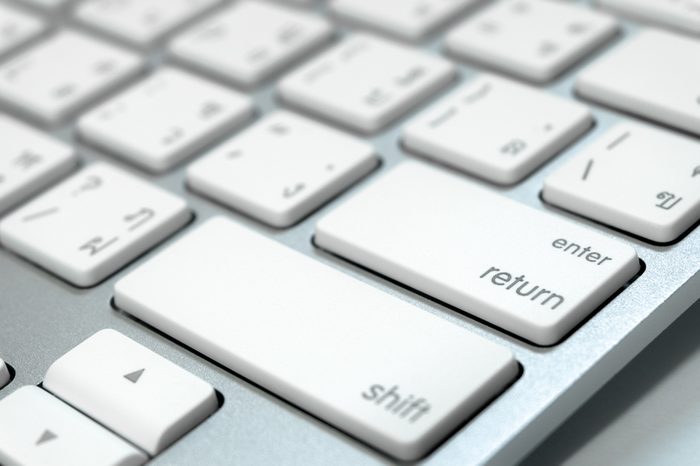
Not blocking popups
You know those relentless popups that clutter your desktop? They also slow down your browser and may allow a third party to mine your personal information, according to Internet privacy protector Ghostery. To put a stop to those popups, install a browser extension that blocks popups. Because these are often “free” downloads, check to make sure it’s legit. One way to do that is to Google the name of the popup blocker to find reviews, or seek recommendations from computer experts. Here are three that are recommended by CNet. Make sure you know the 11 hidden reasons why you have slow internet.
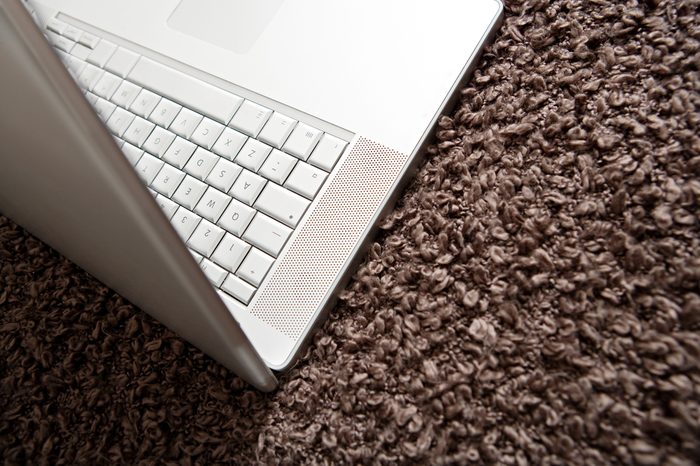
Not letting your computer breathe
This one’s more about hardware than software: “Don’t put your computer on carpet or up against a wall,” warns Carmitchel. “Doing so can cause heat to build up, and if it can’t dissipate, it can damage the hard drive and other components. Give it room to breathe, or expect big repair bills.” Find out the other everyday items you didn’t know could be hacked.

Not thinking of yourself as your best firewall
Whenever your computer is hooked up to the Internet—and when is it not?—you should consider what information you’re giving away about yourself and what you’re saying “yes” to when you accept software conditions. “We need to be our own human firewalls,” says Rhonda Chicone, PhD, a cybersecurity expert and professor at Purdue University Global. Next, find out the clear signs you’re about to get hacked.
